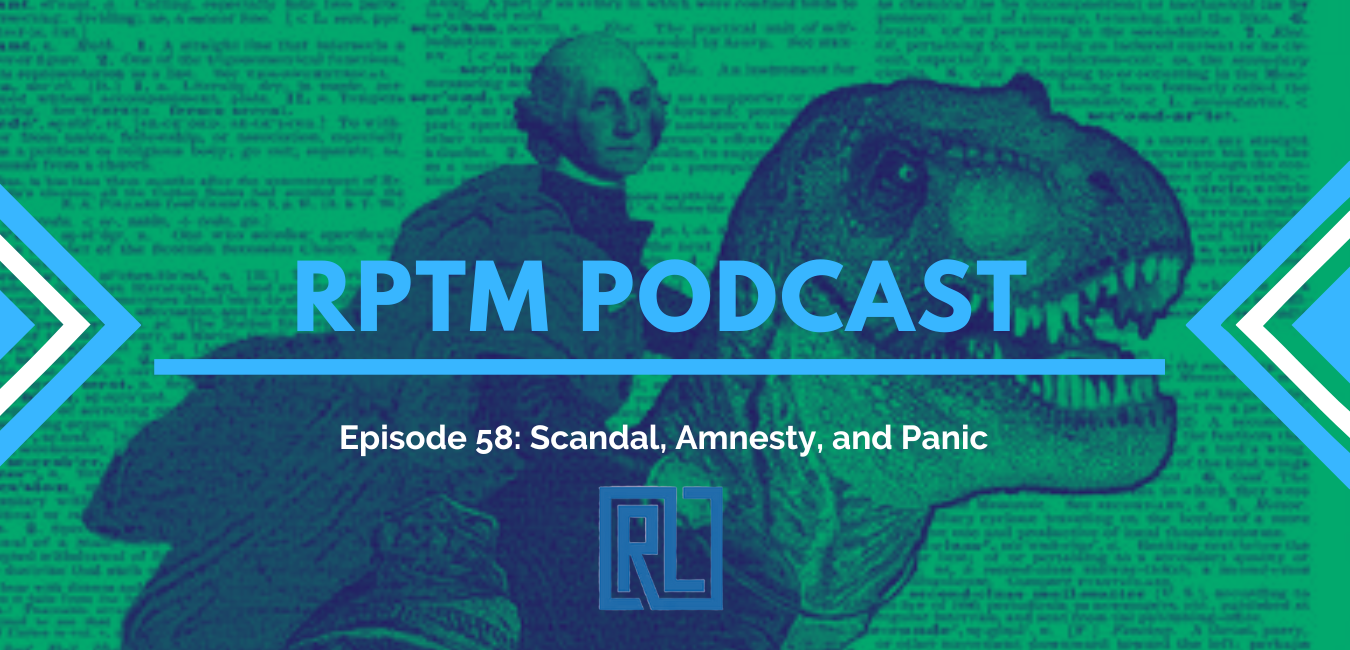|
Time travel as a concept is fun to read about. As a kid, I remember picking up "Days of Future Past" and X-Men comic that dealt with superheroes in an apocalyptic future, looking back at the past to see how it all went wrong. We can't seem to help but interject ourselves in history. In scholarly and historical research, presentism introduces present-day views and attitudes into portrayals or understandings of the past. The practice of presentism is considered by some as a misconception when writing about the past. Some contemporary historians aim to bypass presentism in their work because they believe it is cultural bias and forms a malformed version of history. Comedian Bill Burr touches on this concept in his 2022 Netflix special "Live at Red Rocks" He explains (in amusing detail) that while most contemporary white people think they would be active abolitionists during the 19th century in America, they would most likely remain uninvolved in the Underground Railroad. Presentism, at its most destructive, promotes a kind of moral smugness. We look back to the past as a time of backwardness and barbarity. Our ancestors repeatedly fail to measure up to our present-day ideals. Analyzing the past concerning current matters usually directs us to find ourselves morally exceptional. But one must remember that historical accounts are a tiny sliver of an even larger picture. For example, if we use weightlifting, an athlete goes from lifting 100lbs bench presses to 5 years later lifting 200lbs. If we only looked at this fitness journey at year three, this person would still appear weak if their max press was 150lbs. But if we review from our current day looking to the beginning, we can appreciate the 50 gains they have made. They may not be entirely at the finish line, but the needle is moving in the right direction. Now, what would we say again in 5 more years? Did they keep lifting, and now can bench press 300lbs? Would we still view 200lbs being lifted as impressive? Yet, people readily soak in these perspectives of present-day superiority. On May 2, 2002, in her essay "Against Presentism," American Historical Association president Lynn Hunt speaks on this idea. Presentism is hard to escape from modern views or our contemporary Western beliefs. Engaging historical thought can be almost neutered if we thoroughly remove all connectivity to the modern world. History becomes this sterilized bubble that, in some ways without it. As people now begin tearing down their old statues of confederate soldiers, I understand that conviction. But as gatekeepers, we must keep a healthy balance between moral judgment and unbiased examination. Keep in mind it is not where you start but where you finish that matters. HIGHLIGHTS
CHAPTERS 0:00 Start 0:37 Intro 3:45 Crédit Mobilier 8:58 Amnesty Act 11:06 Panic of 1873 21:48 Crazy Horse 28:48 John Henry 34:43 Comstock Law 41:04 Outro RESOURCES The Crédit Mobilier Scandal Panic of 1873 Panic of 1873 explained Crazy Horse — 1842-1877 Crazy Horse John Henry (folklore) John Henry (folklore) How an Anti-Obscenity Crusader Policed America's Mail for Decades
0 Comments
Leave a Reply. |
AuthorRyan Lancaster wears many hats. Dive into his website to learn about history, sports, and more! Archives
April 2024
Categories |


 RSS Feed
RSS Feed